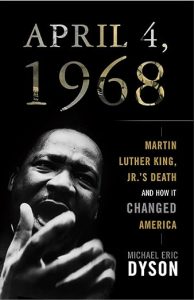 Summary: Fairly straight retelling of a number of Norse myths.
Summary: Fairly straight retelling of a number of Norse myths.
I am a big Neil Gaiman fan. And I love his voice as a narrator. So it was really inevitable that I would pick up this new book of Norse Mythology.
I had a few hesitations, reviews from people that are seeped in Norse mythology have been fairly mediocre. But this is an introduction to Norse Mythology, not a masters level literature course. So I drug my feet a bit until I had four different online friends finish it and give it decent reviews.
And it was pretty much like I expected. I still am not a fan of most short story collections, even those by Gaiman. Norse Mythology is a collection of short stories, they are all Norse Myths, but they are short stories.
I did enjoy seeing some of the ideas behind different elements of Gaiman’s American Gods book and a few other of his stories. He has known these stories for a long time and they are well into his head. Rick Riordan’s new series, Magnus Chase is also based on Norse myths and several of the stories here are in Magnus Chase.








